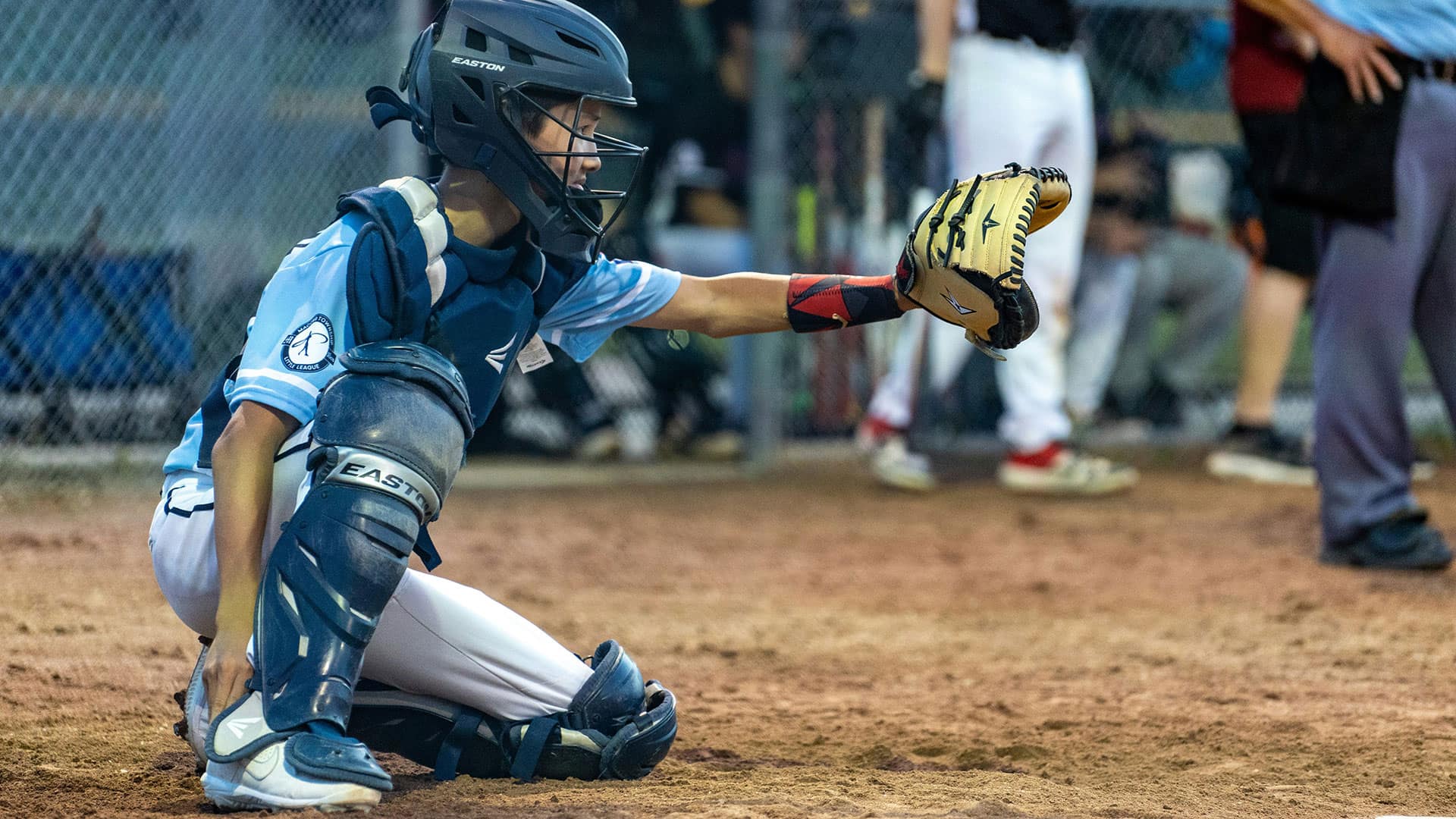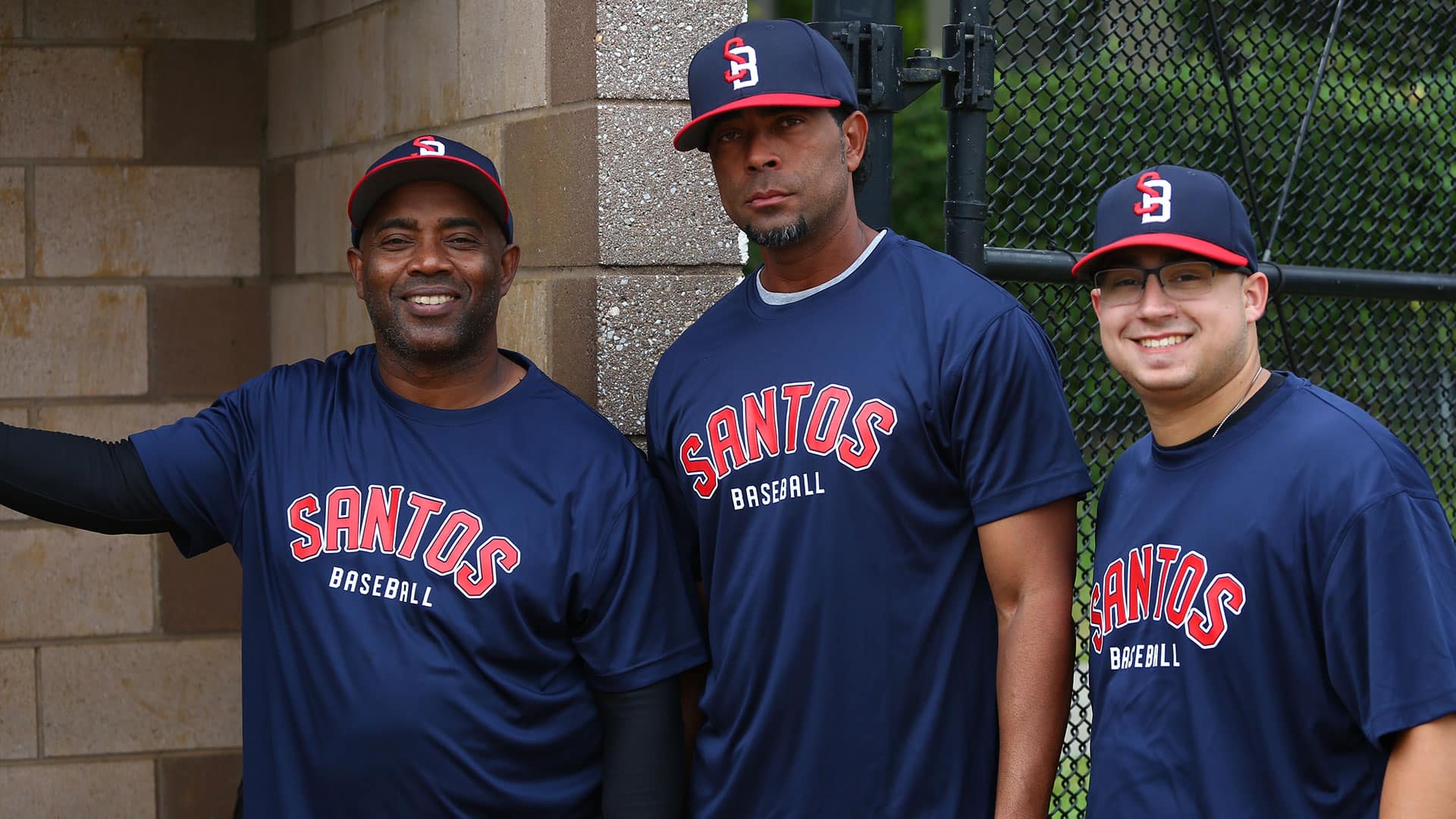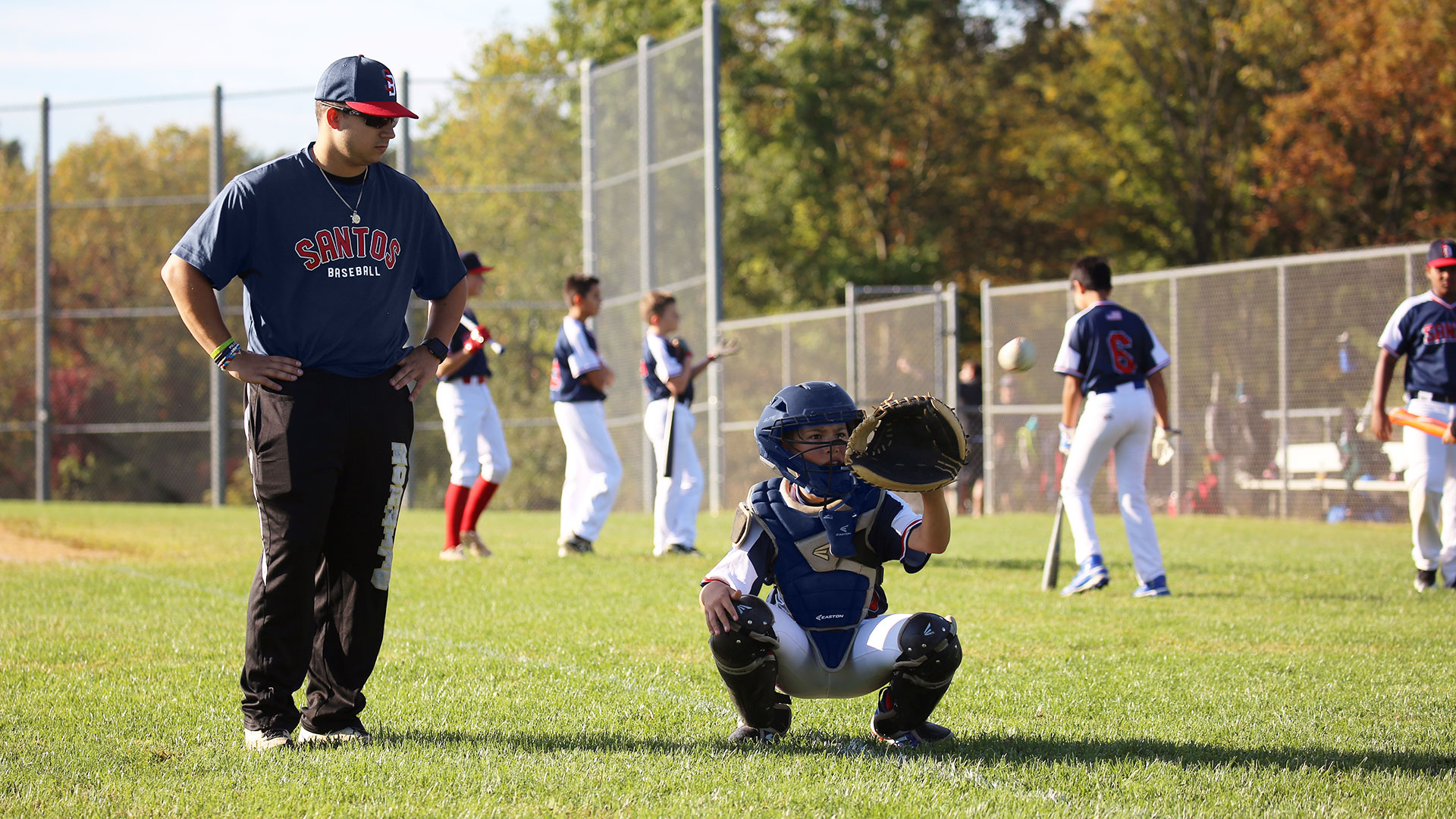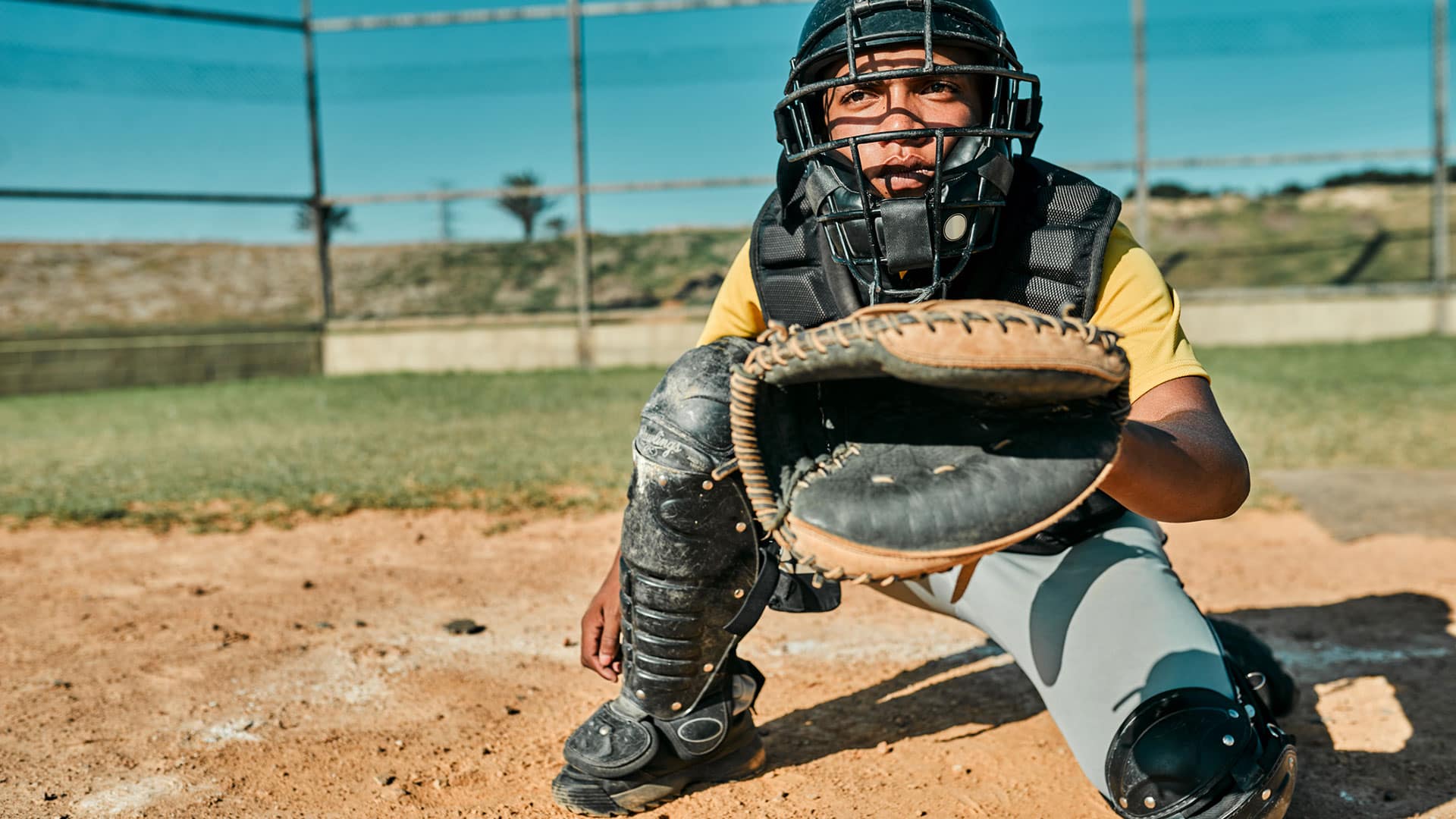In the heart of Norwood, baseball thrives, and behind every successful pitcher stands a skilled and dedicated catcher. The catcher’s role is multifaceted, demanding exceptional athleticism, mental acuity, and leadership skills. At Santos Baseball Academy, we understand the unique challenges and rewards of being a catcher. This guide serves as a comprehensive resource for Norwood’s aspiring backstops, providing valuable insights, practical drills, and expert advice to help you achieve catching excellence.
The Importance of Catching
Often referred to as the “quarterback” of the defense, the catcher plays a pivotal role in every aspect of the game. From framing pitches to calling plays, managing the pitching staff, and preventing stolen bases, their responsibilities extend far beyond simply catching the ball. A skilled catcher can be the difference between a win and a loss, influencing the game’s momentum and the pitcher’s performance.
Essential Skills for Norwood Catchers
- Receiving: The foundation of catching lies in mastering the art of receiving pitches. This requires a combination of glovework, body positioning, and footwork to effectively receive pitches of varying speed and location.
- Blocking: Blocking pitches in the dirt requires quick reflexes, agility, and proper technique to prevent runs from scoring.
- Throwing: A strong and accurate throwing arm is crucial for throwing out baserunners attempting steals or making plays at other bases.
- Game Calling: Reading hitters, understanding pitching sequences, and calling the right pitches are essential for maximizing the pitcher’s effectiveness.
- Leadership: Catchers are the defensive leaders on the field, responsible for communicating with the pitcher, directing the infield, and maintaining the team’s energy and focus.
Developing Your Catching Skills
- Find a Qualified Coach: Working with a dedicated catching coach can significantly accelerate your development. A coach can assess your strengths and weaknesses, provide personalized instruction, and guide you through effective drills and exercises.
- Practice Regularly: Consistent practice is key to mastering catching skills. Dedicate time to drills that focus on receiving, blocking, throwing, and game calling.
- Pay Attention to the Details: Small details like proper hand positioning, footwork, and body alignment can significantly impact your performance. Be mindful of these details and strive to constantly refine your technique.
- Watch the Pros: Observe professional catchers and analyze their techniques. Pay attention to their footwork, glovework, and game calling strategies.
- Embrace the Mental Game: Catching requires a strong mental game. Develop focus, confidence, and the ability to manage pressure in high-stakes situations.
Santos Baseball Academy: Your Partner in Catching Success
At Santos Baseball Academy, we are committed to nurturing the next generation of elite catchers in Norwood. Our experienced coaches provide personalized instruction, specialized training programs, and a supportive environment to help you reach your full potential. We offer:
- Individualized Coaching: Our coaches work closely with each catcher, tailoring their training regimen to their specific needs and goals.
- Skill-Specific Drills: We offer a comprehensive range of drills designed to improve receiving, blocking, throwing, game calling, and overall athleticism.
- Competitive Opportunities: Participate in scrimmages, tournaments, and other competitive events to gain valuable experience and showcase your skills.
- Mental Game Training: We incorporate mental training techniques into our programs to help you develop focus, confidence, and resilience.
FAQs
Q: What age is the right age to start catching?
A: Young players can begin learning basic catching skills as early as 7-8 years old. However, more specialized training and development should be focused on as they progress through their baseball journey.
Q: What equipment does a catcher need?
A: Essential equipment includes a catcher’s mitt, chest protector, helmet, shin guards, and a throwing arm guard.
Q: How can I improve my throwing accuracy?
A: Consistent throwing drills, focusing on proper mechanics and arm strength, are crucial for improving throwing accuracy.
Q: How can I become a better game caller?
A: Studying pitchers, understanding different pitch types and sequences, and working with your coach to develop a calling strategy are essential for becoming a better game caller.
Q: Does Santos Baseball Academy offer catching clinics or camps?
A: Yes, we regularly offer catching clinics and camps throughout the year. These programs provide intensive training sessions and valuable insights from experienced coaches.
Conclusion
Becoming a skilled catcher requires dedication, hard work, and a passion for the game. By embracing the challenges, honing your skills, and seeking guidance from qualified coaches, you can achieve catching excellence and become a valuable asset to your team. At Santos Baseball Academy, we are committed to empowering Norwood’s backstops to reach their full potential and leave their mark on the field. Join us on this journey to catching excellence!




